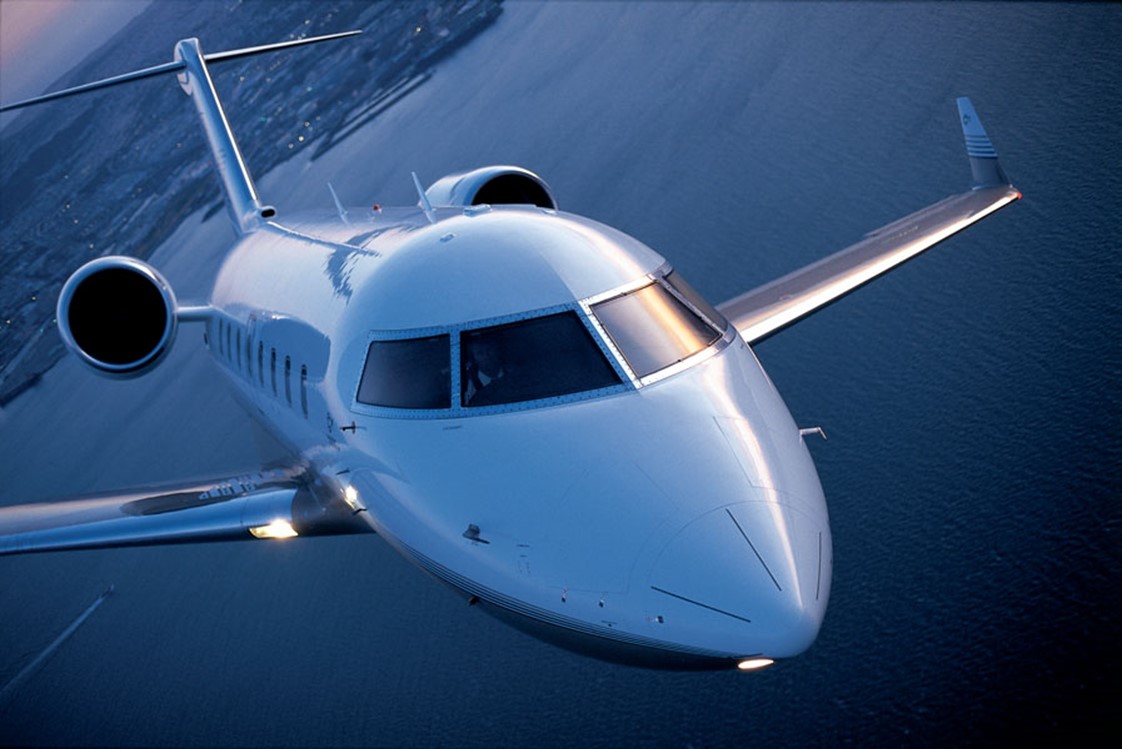
Centives signs off 2013 with Jon Michaud’s article that looked at the history of chocolate chip cookies:
- The recipe for chocolate chip cookies was first published in 1938. It celebrated its 75th anniversary this year.
- It was invented by Ruth Wakefield who ran a restaurant in the United States that was famed for its deserts.
- Wakefield gave Nestlé the right to use the recipe for the bargain price of $1 (which, she says, was never paid).
- The cookie soared in popularity during the Great Depression – it offered an inexpensive hand-held serving of richness and comfort that millions were having to live without.
- The Second World War further contributed to its popularity as they became an important part of care packages that were delivered to troops abroad.
- In fact it was the War that caused the cookie to go from Northeastern treat to a Pan-American phenomenon.
- In 1963 Chips Ahoy launched its line of packaged chocolate chip cookies.
- Famous Amos and Mrs. Fields opened their first stores a decade later.
- The next milestone in the history of the cookie was the 1984 debut of Ben & Jerry’s Chocolate Chip Cookie Dough – it soon became the company’s top brand.
Read more about the enduring appeal of the cookie, the ideal way to bake a cookie, and how the place where it was invented burned down and is now occupied by a Wendy’s over here.
Source: The New Yorker
Via: Kottke
From the entire Centives team a Happy 2014! We hope you have an excellent (and delicious) year ahead.










Join the Discussion! (No Signup Required)